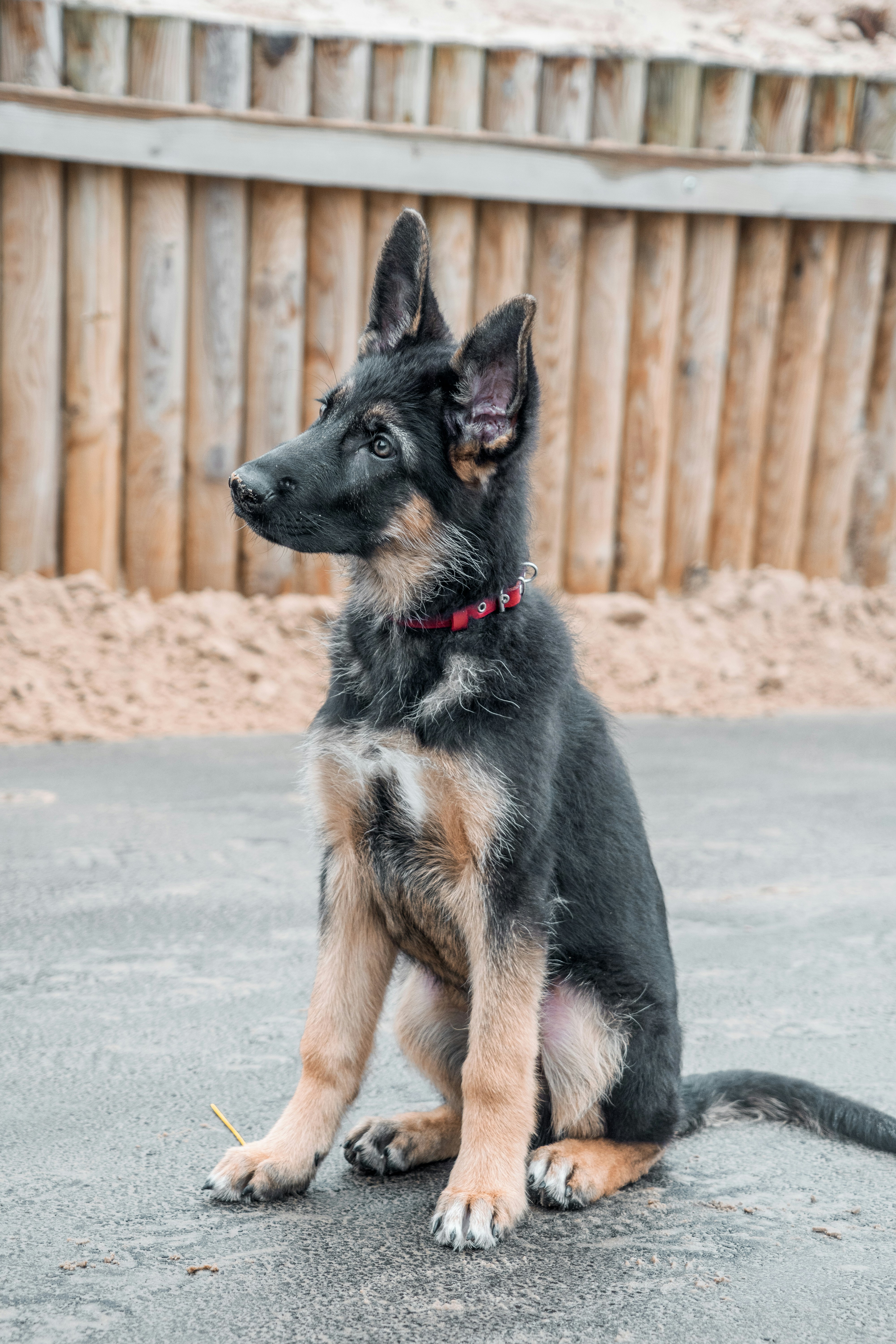
German Shepherd Dogs: The Ultimate Guide to the Versatile Working Companion
With their noble stance, intelligent gaze, and unmatched work ethic, German Shepherds have earned their place as one of the world’s most versatile breeds. But what does it take to care for these canine geniuses? This comprehensive guide explores their rich history, care essentials, and how to channel their boundless energy positively.
| Characteristic | Value |
|---|---|
| Lifespan | 9-13 years |
| Weight | 50-90 pounds |
| Height | 22-26 inches |
| Temperament | Loyal, Intelligent, Courageous, Confident, Alert, Versatile |
Characteristics
From Herding Dogs to Modern Heroes
Developed in late 19th-century Germany by Captain Max von Stephanitz, these dogs were originally bred for herding sheep. Their intelligence and adaptability soon saw them excel in military roles, search-and-rescue, and as guide dogs.
Distinctive Physical Features
- Size: Athletic build standing 22-26 inches tall, weighing 50-90 lbs
- Coat: Double-layer in black/tan, sable, or all-black; plush or stock coat varieties
- Movement: Characteristic “flying trot” with powerful hindquarters
- Ears: Large, erect ears that fully stand by 6 months
German Shepherd Temperament: Brain Meets Brawn
Personality Traits
- 🛡️ Devoted Protectors: Natural suspicion of strangers balanced with family loyalty
- 🧩 Problem Solvers: Excel at puzzle toys and complex obedience drills
- 🏃 Workaholics: Thrive when given jobs like carrying packs or agility courses
- 👨👩👧👦 Family-Oriented: Form deep bonds with all household members
Potential Challenges
- High Energy: Destructive chewing if under-stimulated
- Shedding: Heavy seasonal “coat blows” requiring daily brushing
- Overprotectiveness: May guard property/humans without proper training
Caring for Your German Shepherd: Health, Grooming, and Nutrition
Exercise Requirements
- Daily Needs: 90+ minutes – jogging, fetch, or advanced training sessions
- Mental Work: Scent detection games, new command training
- Cooling Down: Provide kiddie pools in summer – prone to overheating
Grooming Guide
- Brushing: 3-4 times weekly with undercoat rake; daily during shedding seasons
- Bathing: Every 6-8 weeks using deshedding shampoo
- Paw Care: Trim interdigital hair to prevent matting
- Ears: Clean weekly with vet-approved solution
Common Health Issues
Hip/Elbow Dysplasia
- Symptoms: Limping, reluctance to jump, “bunny-hopping” gait
- Prevention: Maintain lean weight, avoid slippery floors
Degenerative Myelopathy
- Symptoms: Hind leg weakness, knuckling paws
- Prevention: DNA test breeding parents
Bloat (GDV)
- Symptoms: Distended abdomen, unproductive vomiting
- Prevention: Feed smaller meals, avoid exercise after eating
Allergies
- Symptoms: Paw licking, ear infections, skin redness
- Prevention: Grain-free diet, regular flea control
Nutritional Needs
- High-Protein Diet: 24-28% protein from sources like lamb or fish
- Joint Support: Formulas with glucosamine/chondroitin
- Portion Control: 3-4 cups daily split into two meals
- Avoid: Soy, corn, and artificial preservatives
Training Your German Shepherd: Building a Working Partnership
Effective Techniques
- Job Assignments: Teach “patrol” routines or item retrieval
- Positive Reinforcement: Use clicker training with high-value treats
- Early Socialization: Expose to crowds, loud noises, and other animals
- Advanced Obedience: Compete in Schutzhund or rally obedience
Addressing Challenges
- Leash Reactivity: Practice “focus” commands near triggers
- Herding Instincts: Redirect nipping with chew toys
- Separation Anxiety: Gradually increase alone time starting at 10 minutes
Is a German Shepherd Right for You? Pros and Cons
Ideal For:
- Active individuals/families with yards
- Those interested in dog sports or service work
- Experienced dog owners
- Homes needing property protection
Think Twice If:
- You work long hours away from home
- Prefer a low-shedding breed
- Can’t commit to daily training
- Live in hot climates without cooling options
German Shepherd FAQs
Q: Are German Shepherds good with kids?
A: Excellent with children when raised together – supervise interactions with toddlers due to their size.
Q: How much do German Shepherds shed?
A: Heavily! Invest in a quality vacuum – they “blow coat” twice yearly.
Q: Can GSDs live in apartments?
A: Possible with sufficient exercise, but houses with yards are ideal.
Q: Why do German Shepherds pace constantly?
A: Often indicates boredom – increase mental stimulation and exercise.
Conclusion: Embrace the Shepherd’s Calling
German Shepherds demand commitment but reward owners with unparalleled loyalty and capability. Whether serving as family guardians, working partners, or adventure buddies, their versatility shines when given purpose. If you’re ready to channel their intelligence into positive outlets and embrace the fur-filled lifestyle, the German Shepherd might just be your perfect working companion.